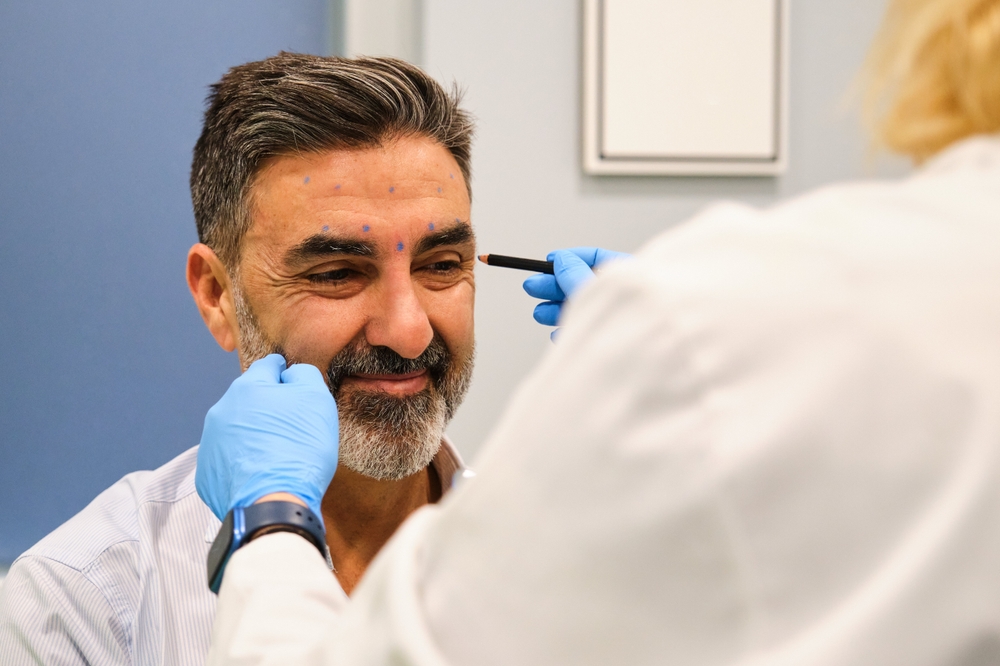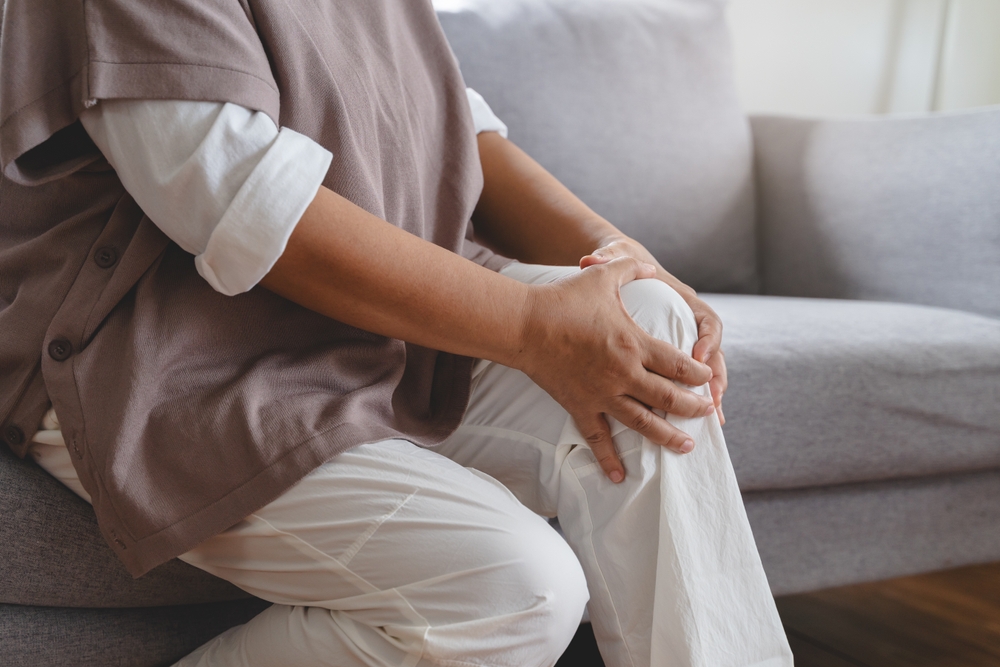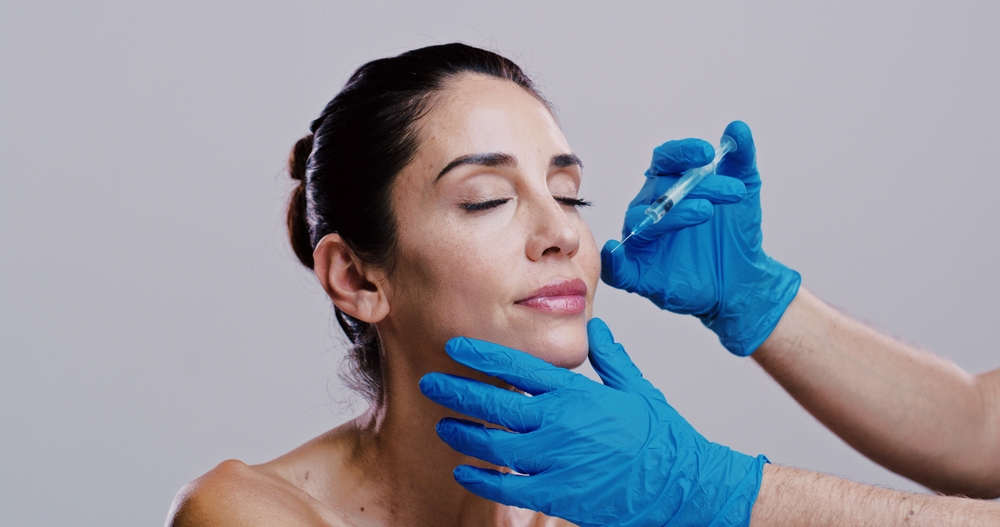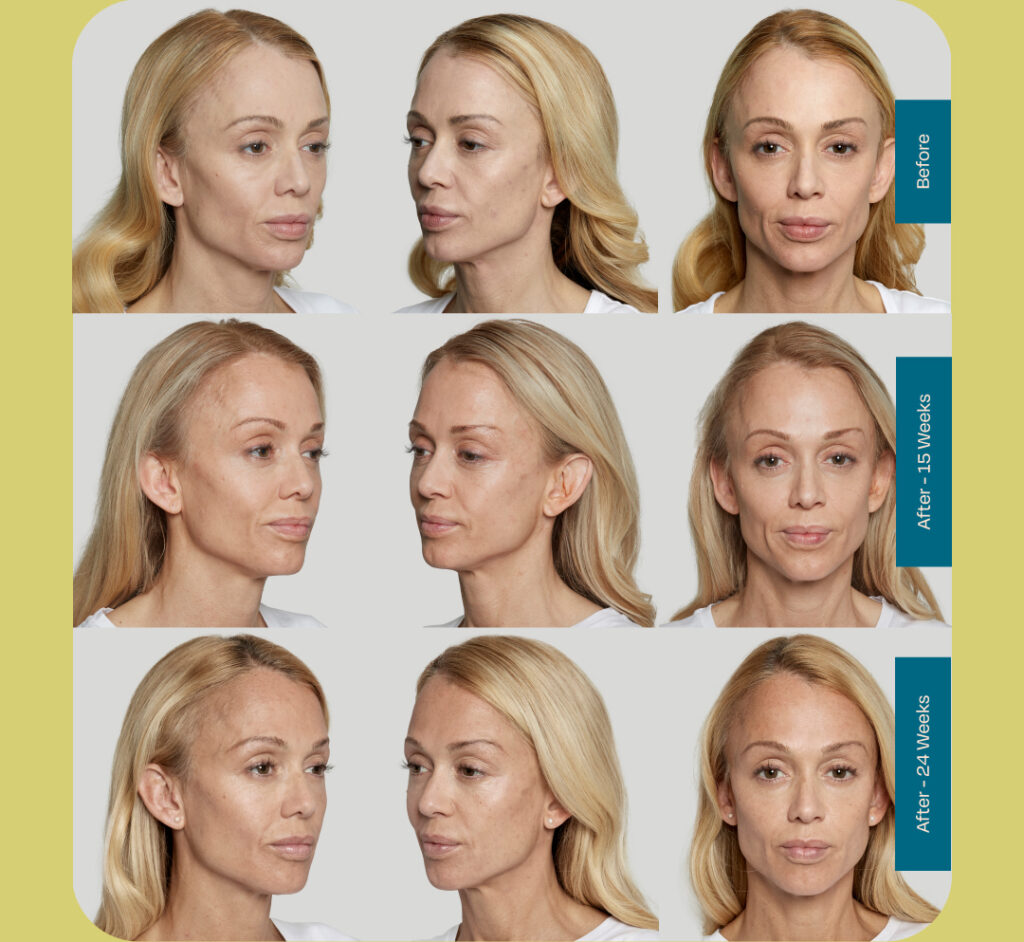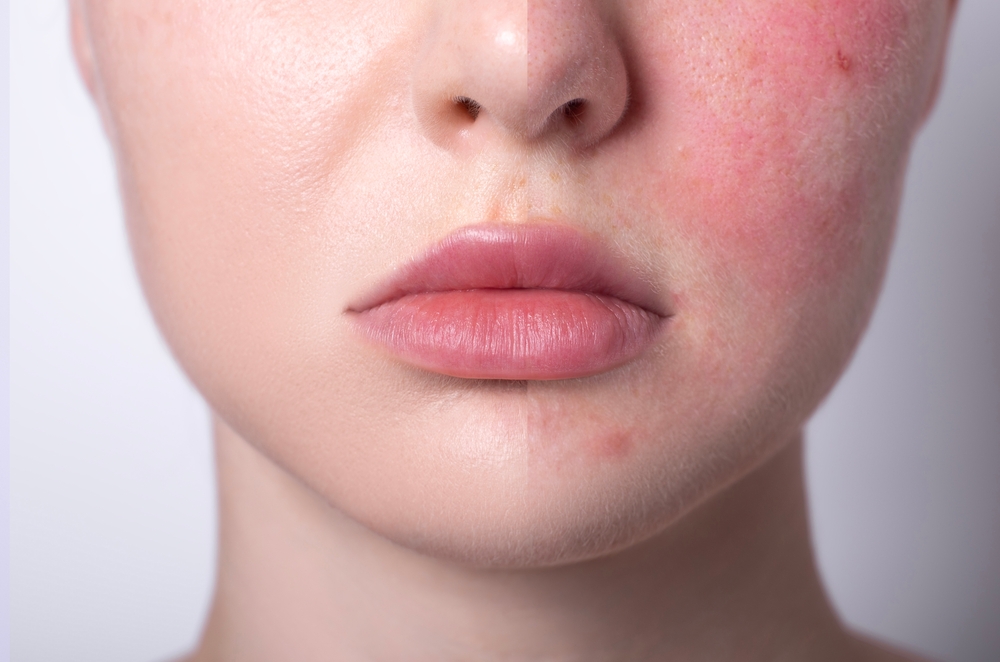Right now is a great time to do ANYTHING to help strengthen your immune system, especially if you have concerns about COVID-19 susceptibility. While there currently are no cures or bulletproof prevention measures, your best defense against this virus threat, or any other for that matter, is to keep your own body as healthy as possible. That means both strengthening and supporting your immune system and avoiding stresses to it that may keep it from functioning optimally.
There are several supplements that are popular right now for helping to support your body’s defenses, including vitamin C, elderberry, zinc, echinacea and astragalus, just to name a few. But don’t forget about vitamin D, one of the basics we should be making sure we keep at optimal levels. Known as the “sunshine vitamin” since it is naturally produced by the skin when exposed to sunlight, vitamin D is critical for bone and muscle health and has shown effectiveness in combating depression. Deficiency in this vitamin could lead to problems like bone issues and hair loss and can compromise the immune system.
Many prior studies have been performed to demonstrate vitamin D’s role in helping to support a healthy immune system, but a new study from researchers at Trinity College in Dublin has hypothesized that vitamin D deficiency may be linked to higher mortality rates from COVID-19. Published in the Irish Medical Journal, the report analyzed vitamin D levels of older people in countries heavily affected by the coronavirus and found that places with high death rates from COVID-19, including Italy and Spain, also had rates of vitamin D deficiency.
They also gathered that countries such as Norway, Finland and Sweden actually showed lower rates of vitamin D deficiency as well as lower mortality rates from COVID-19, despite being less sunny than the aforementioned nations. The researchers suggested that “supplementation and fortification of foods” could be why vitamin D levels were at healthier levels in those countries, and that optimizing vitamin D levels may prevent serious coronavirus complications.
While the study was theoretical and could not demonstrate a direct causal link between the two variables, it does reinforce the role that vitamin D plays in supporting our immune system. That said, this is not a cue to rush out and overdose on vitamin D capsules. Rather, work on supporting your body well to keep your vitamin D level in an optimal range. A vitamin D level of 20 ng/mL or higher is considered adequate for good bone health, but we don’t want to be hovering just above the level to keep us out of trouble. Optimal levels can be considered anywhere from the 50-80 ng/mL levels.
If you’re having trouble getting enough vitamin-D-rich foods into your diet, such as salmon and whole eggs, it may be beneficial to use supplements to round out your approach. Taking 5,000 IU (50 mcg) daily of D3 seems to be a good level for many individuals to help improve low levels. And during these homebound times, by all means, get out and get some fresh air and skin exposure from natural sunlight!

